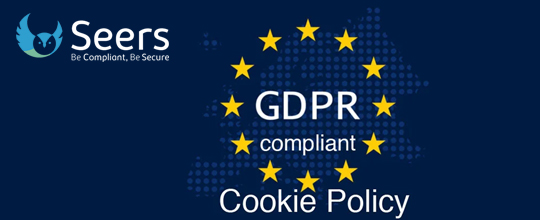The GDPR is a regulation by the European Union (EU). The regulation put in force to represent the most significant data protection initiative in 20 years.
GDPR’s purpose is to protect people when it comes to the processing of their personal data and on the free movement of the said data.
What’s the deal with cookies anyway?
As you browse the Internet on your computer, there are small files automatically drop on your device. These files are what we call cookies. These cookies are harmless bits of text that your computer locally stores and can be easily viewed and deleted.
However, cookies can tell a lot about your activities and the things you prefer. These files can, therefore, identify you without your consent.
From a legal point of view, this is a major breach of your privacy. The rate at which technology is changing and advancing, your privacy is at risk.
In most cases, the websites you are visiting are not the source of the cookies. The cookies originate from third parties who use them to track you for marketing purposes. Because not all cookies can identify you, a vast majority, which is useful to the owners of the website are therefore under the GDPR.
Cookies used for advertising, analytics, and functional services, for instance, chat and survey tools, are some of those that can identify you.
In the EU’s General Data Protection, the issue of cookies addressed only once. But the GDPR’s regulations on cookies have a major impact on organizations that transact their businesses on the Internet. These regulations also give you the right, as a consumer to be forgotten. This means that websites have to erase all data that can identify a person if they are not needed anymore. This is if the person whose data has been collected ask for their deletion, or if the data was processed improperly or illegally.

